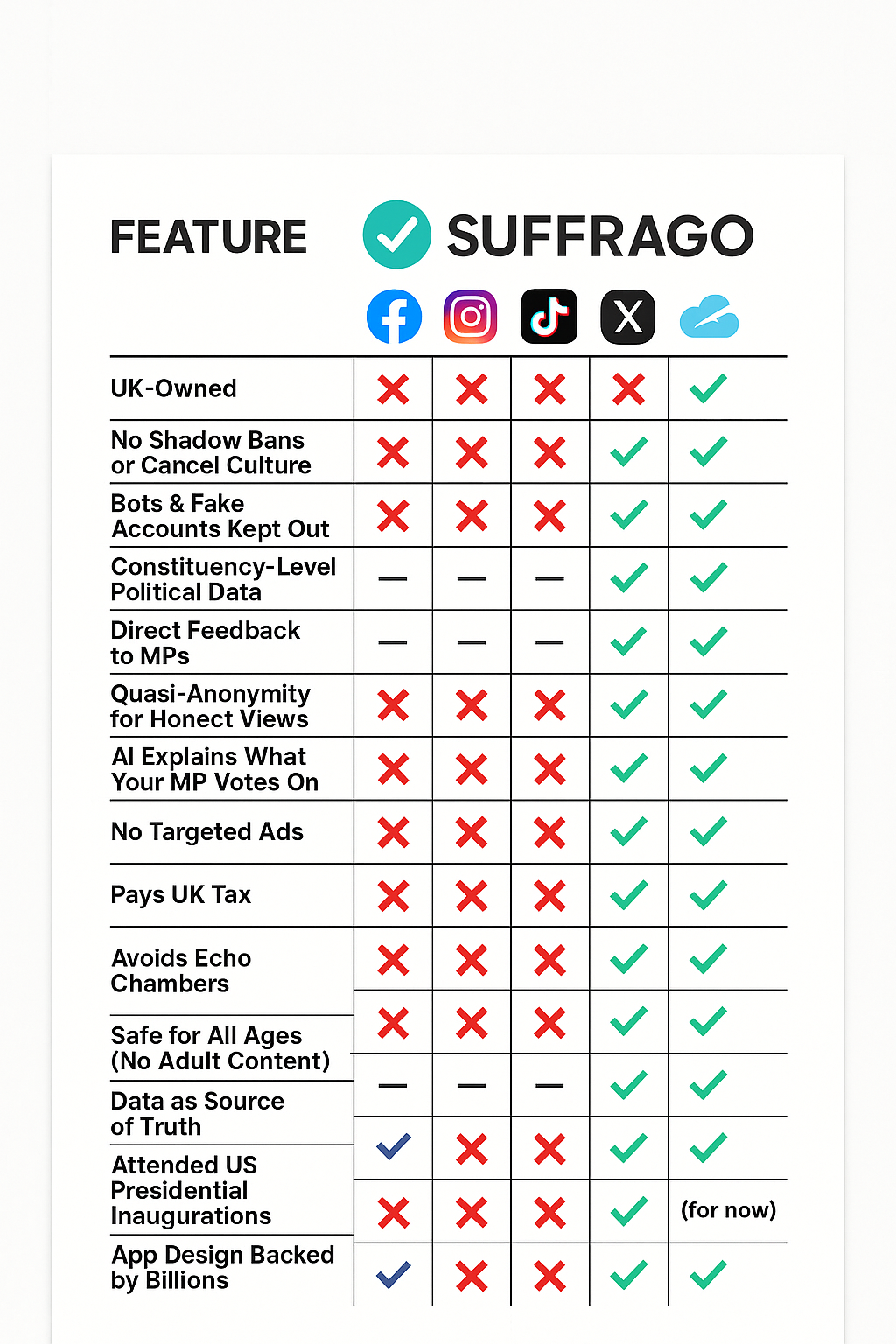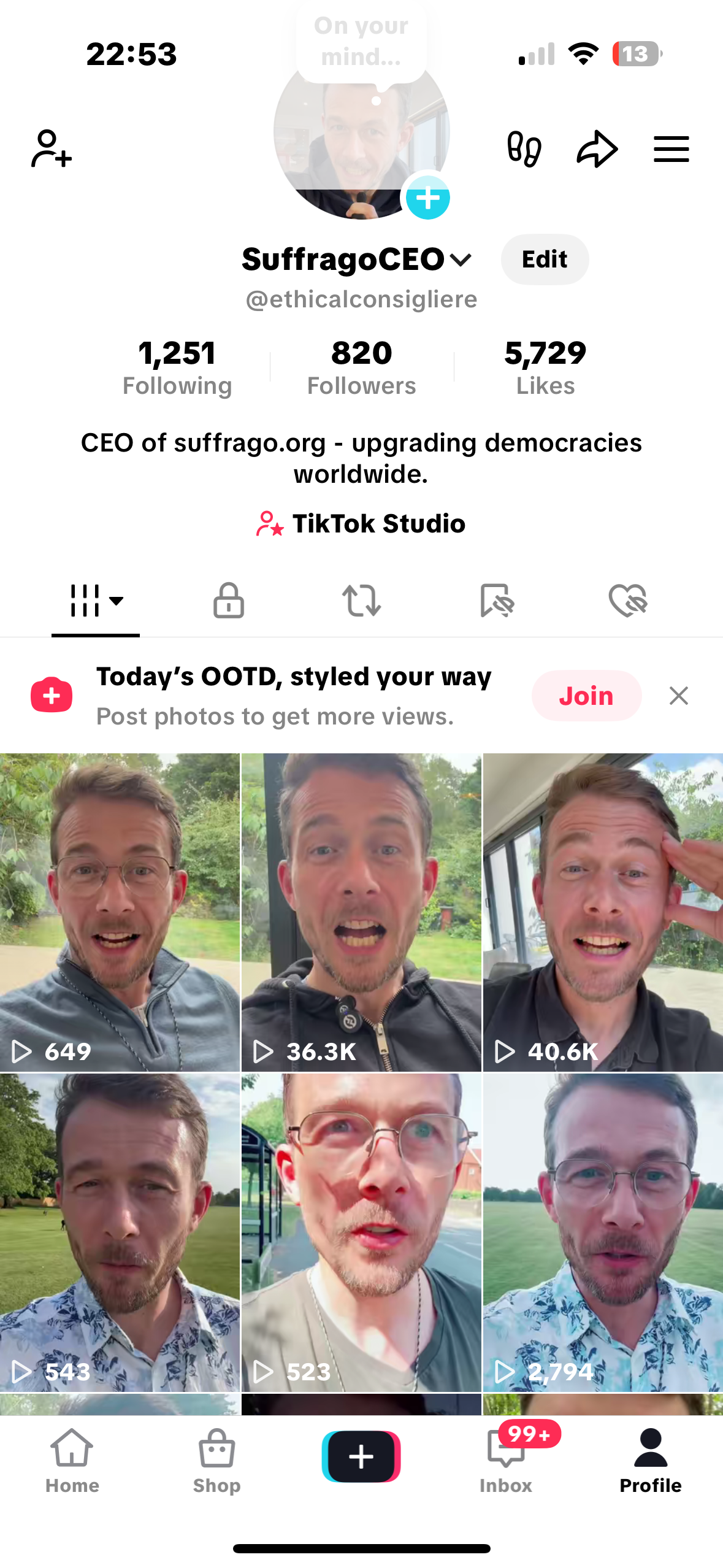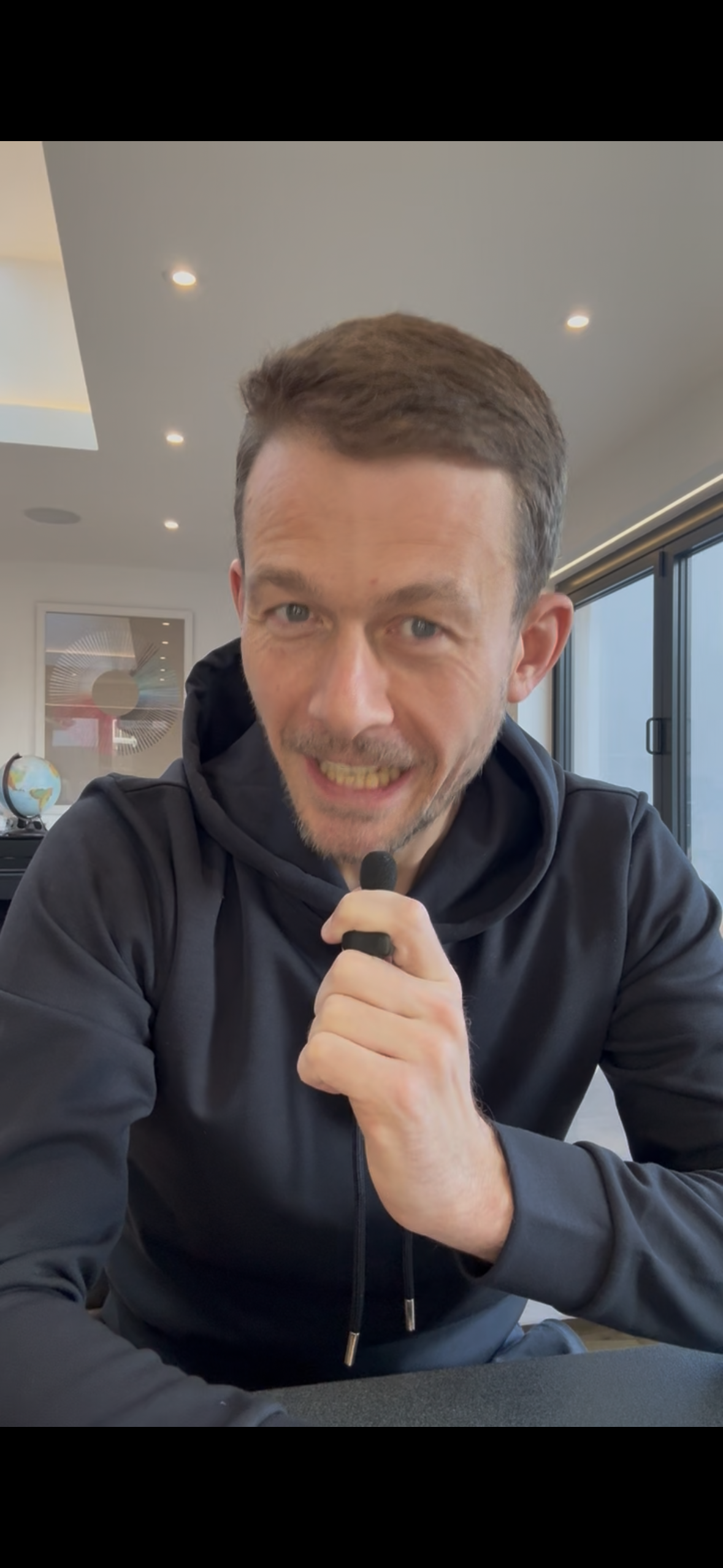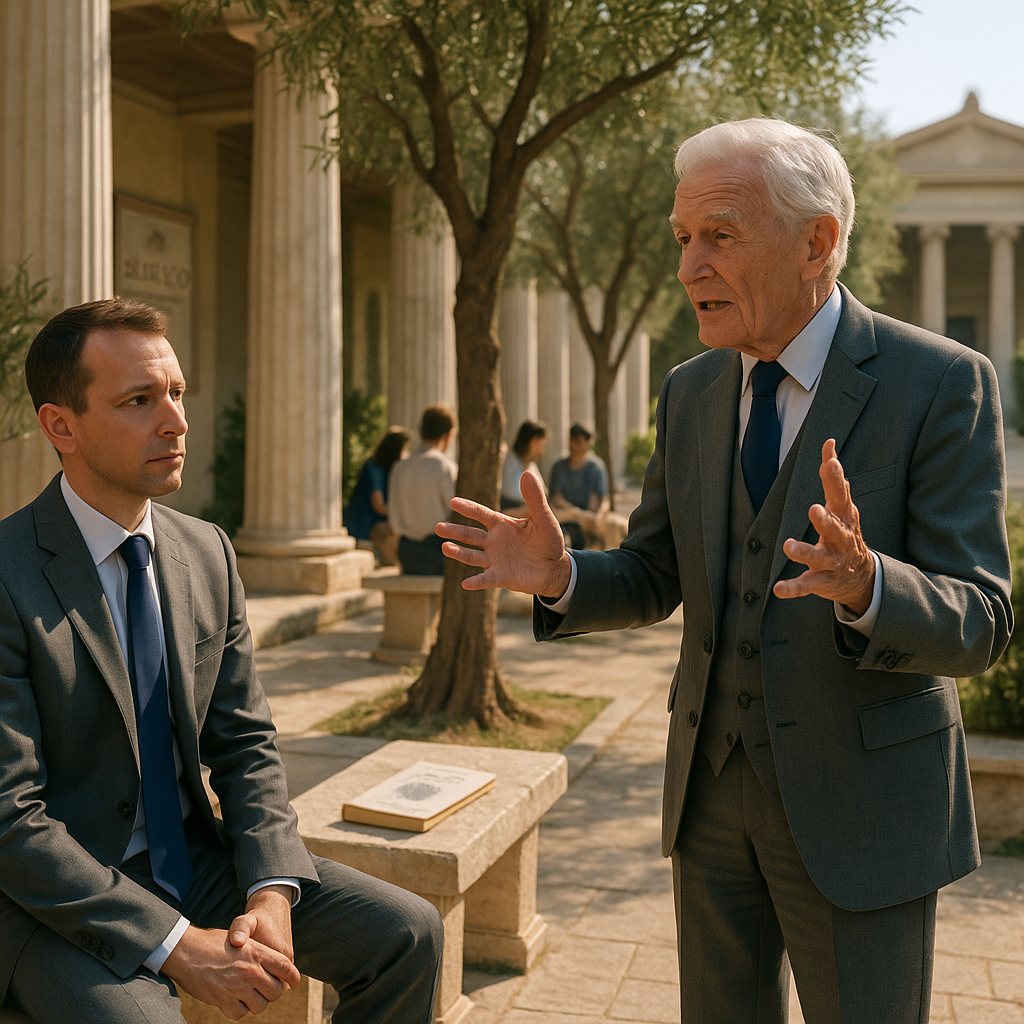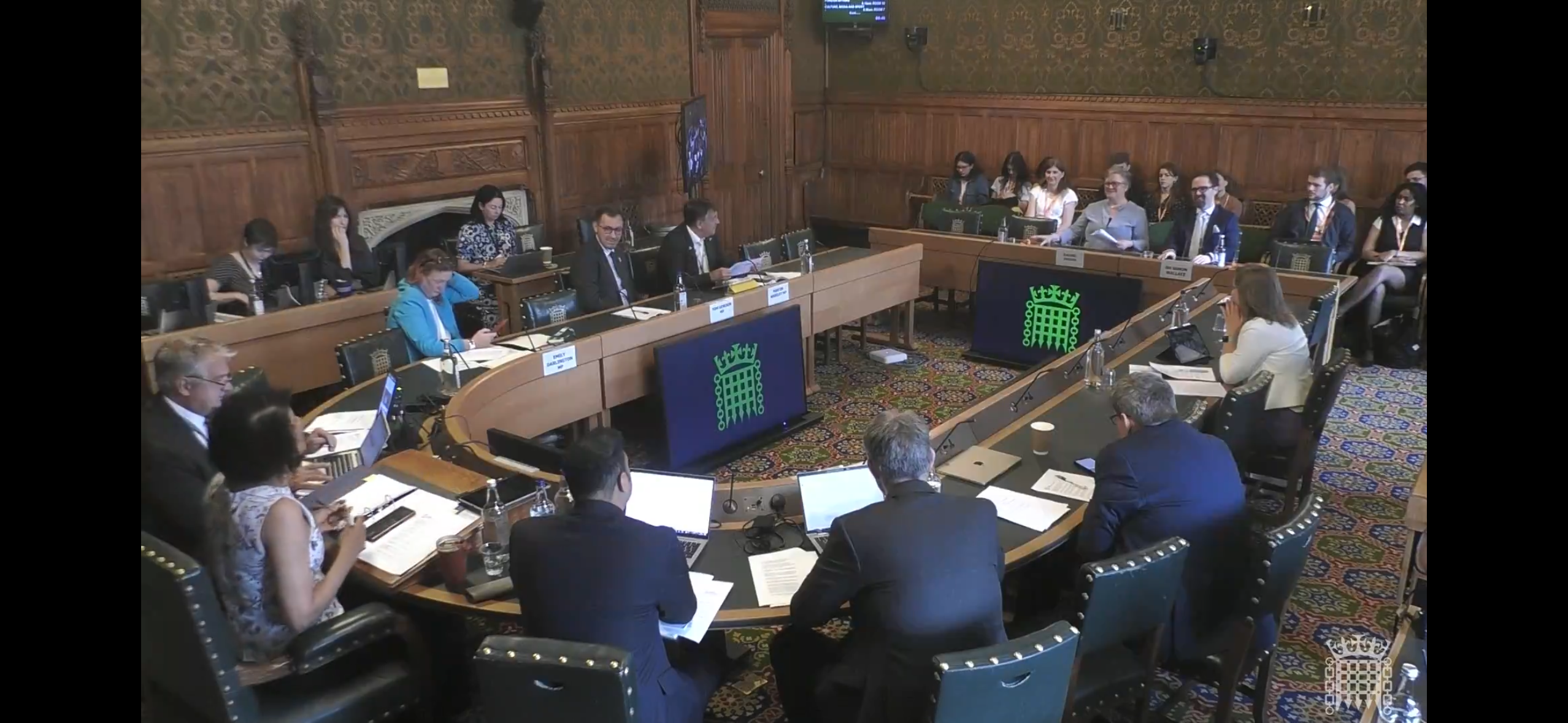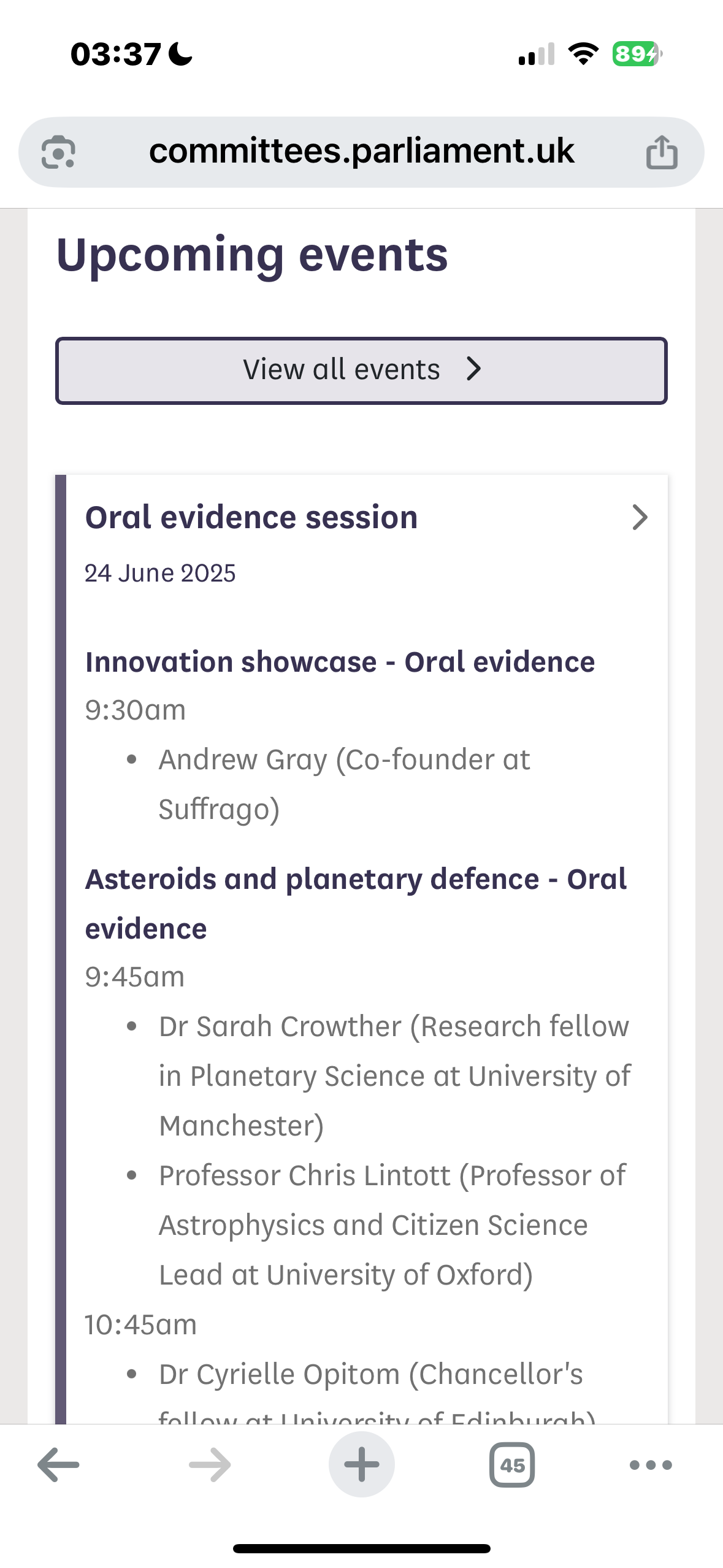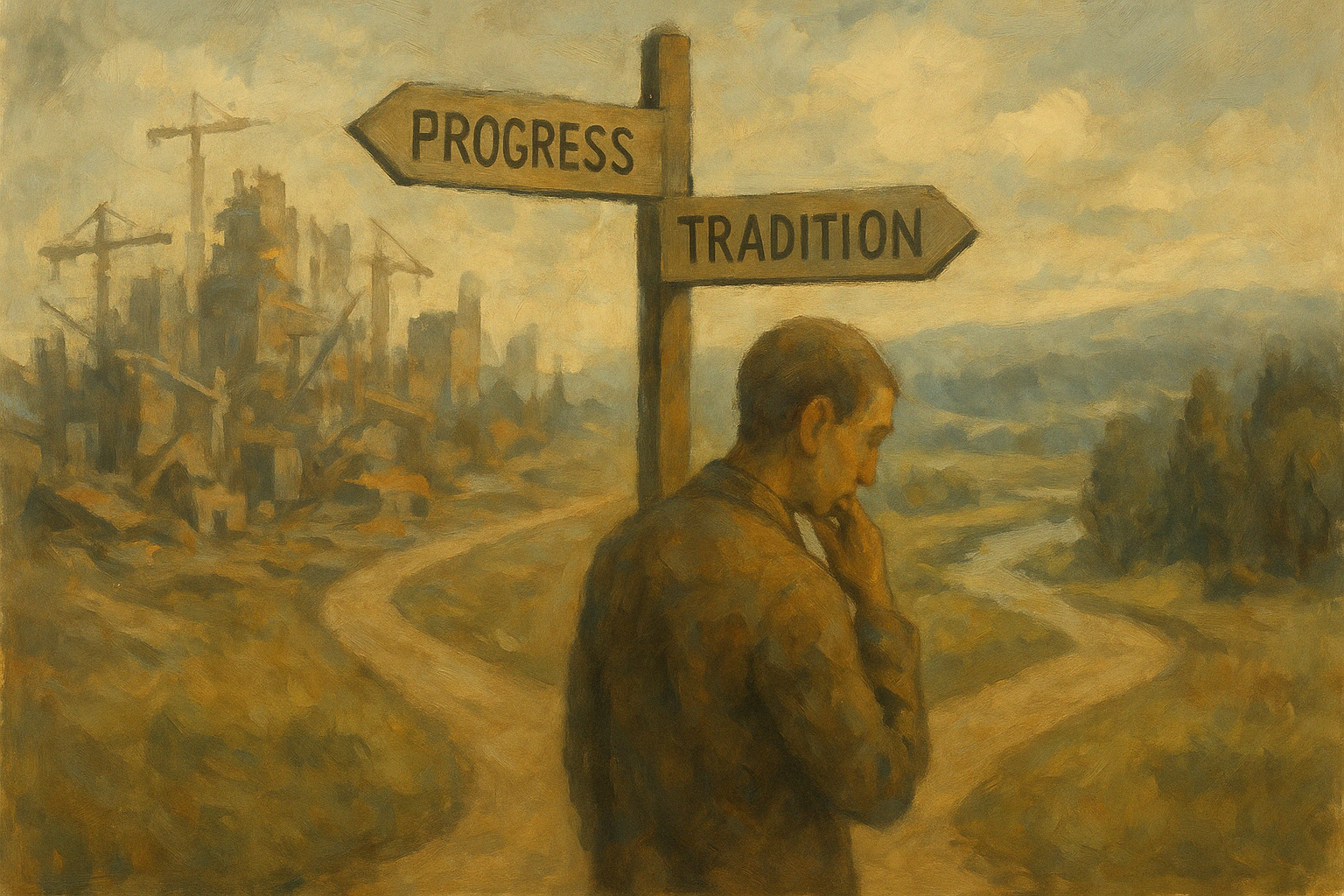Polis is a super cool, super clever survey tool, which facilitates an online anonymous conversation, and then uses artificial intelligence (machine-learning) to distil often divisive topics into a consensus. Polis works by a person, or an organisation, posing a question, supported by some statements. Users then vote either – agree, disagree, or pass/unsure – on the statements. Once finished, users can then suggest their own statements, for other users to vote on, thereby giving the survey life of its own.
What at first appears to be a standard survey, morphs into an intelligent conversation. The users/voters on this Polis surveys are anonymous.
Andrew Gray, the candidate, is the founder of the Crowd Wisdom Project (CWP). CWP is a non-profit, established in 2020. Andrew and his team have run Polis conversations for lots of organisations across the UK for a number of years, including several councils.
The superstars who created Polis gave their genius away – for free – for us all to use. Why did they do this? Answer: to make the world a better place. Cleverly, the creators of Polis copylefted – rather than copyrighted – their code. In simple terms, this means that anyone is free to use Polis, but if any improvements are made, then the modifications must also be made available for the world. The licence governing Polis can be found here. The world needs more people like the creators of Polis.
Using engineers at the wonderful New Redo of Leeds, the data is hosted on a server for the Crowd Wisdom Project. The server is hosted by AWS at a data centre in the UK. The Polis surveys are anonymous, so nobody knows how users vote. For more information on data privacy for the Crowd Wisdom Project, see their Privacy Notice. For additional information, see the original Polis site for information on their GDPR stance. To ensure that a device is remembered so that a user only votes once, Polis drops a cookie onto the device, as is common with web most applications.
Once a Polis survey is live, during the duration of its existence, voters can suggest statements for others to vote on. The job as moderators is to only allow appropriate statements to be voted on. Often, voters ask questions, rather than make statements. Moderation ensures that bad language and confidential information etc cannot be voted upon, as well as stopping defamatory, unlawful, discriminatory and wildly off-topic statements. There is skill and time needed to effectively moderate. The more voters, the more statements are usually submitted for moderation.
At a basic level, yes. However, even from a modest-sized survey of, say, 100 voters, vast data points are generated. Data scientists might be able to provide a more in-depth analysis of the results, but this is not needed.
No! The clever, altruistic folk at the non-profit (just as we are) The Computational Democracy Project, spearheaded by Colin Megill, created Polis. In this polarised world, in which social media companies pour petrol onto disputes to generate likes and dislikes, the right technology can be a force for good. Polis is a force for good. Polis requires promotion throughout the world, after being very successfully used in Taiwan.



